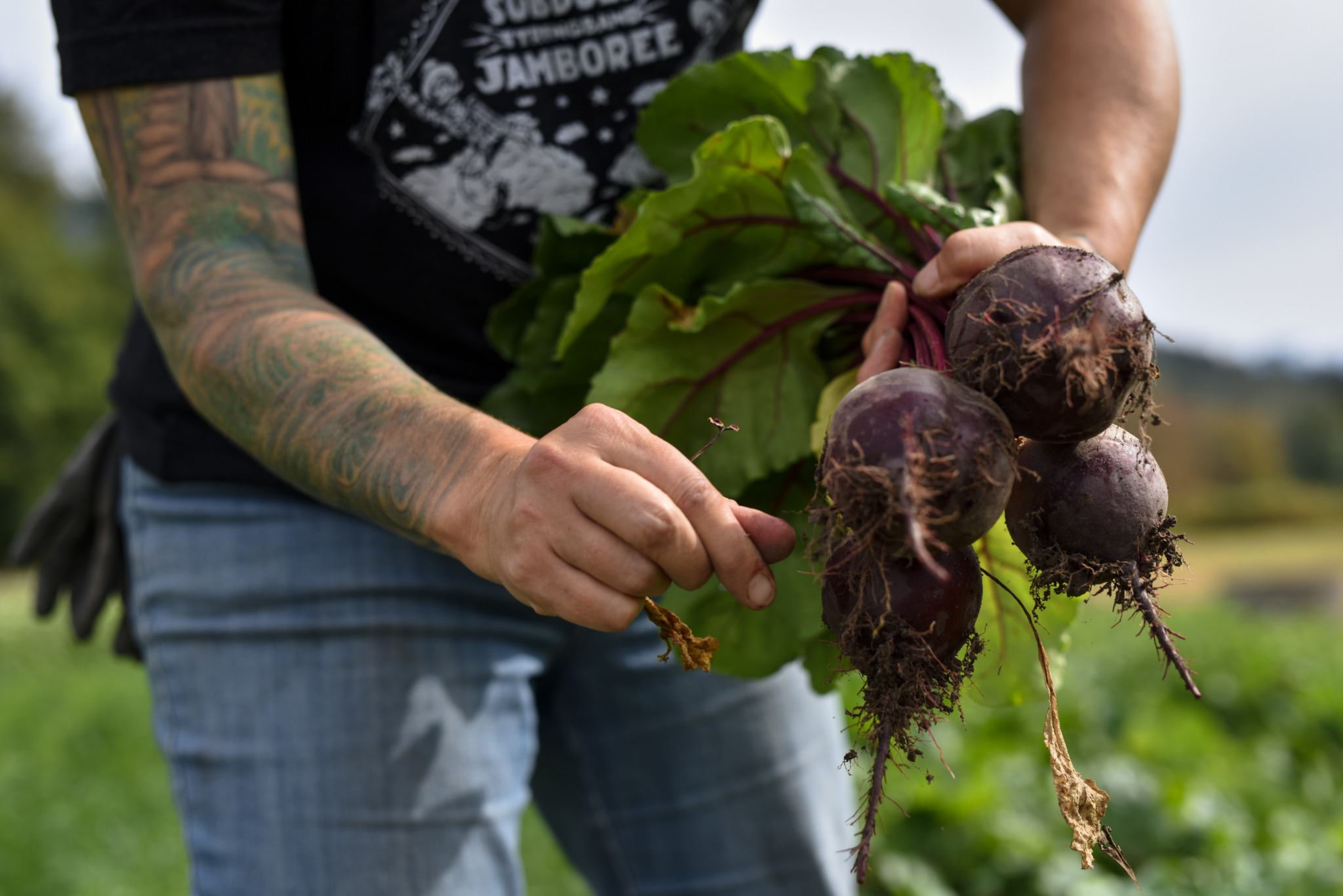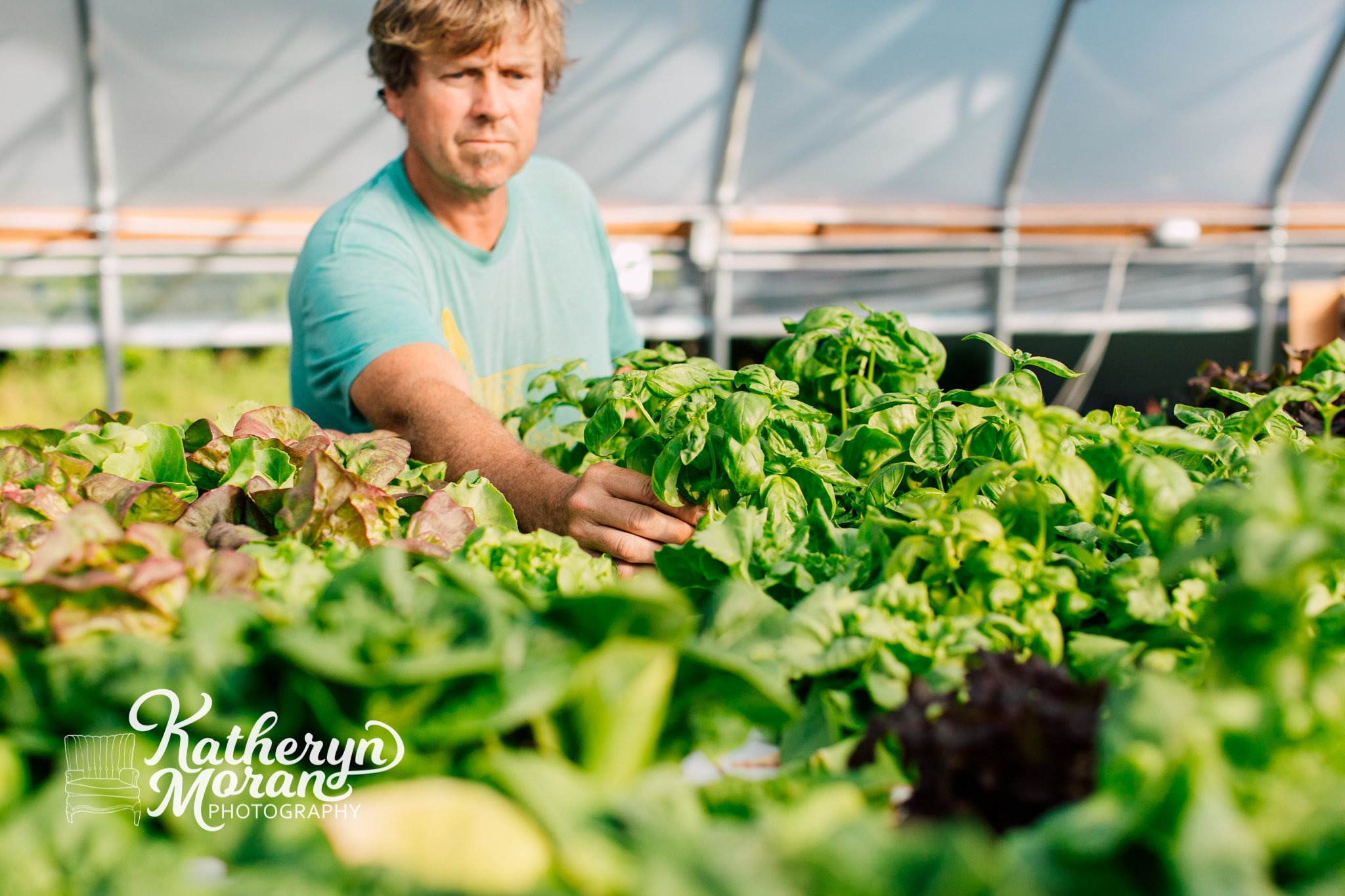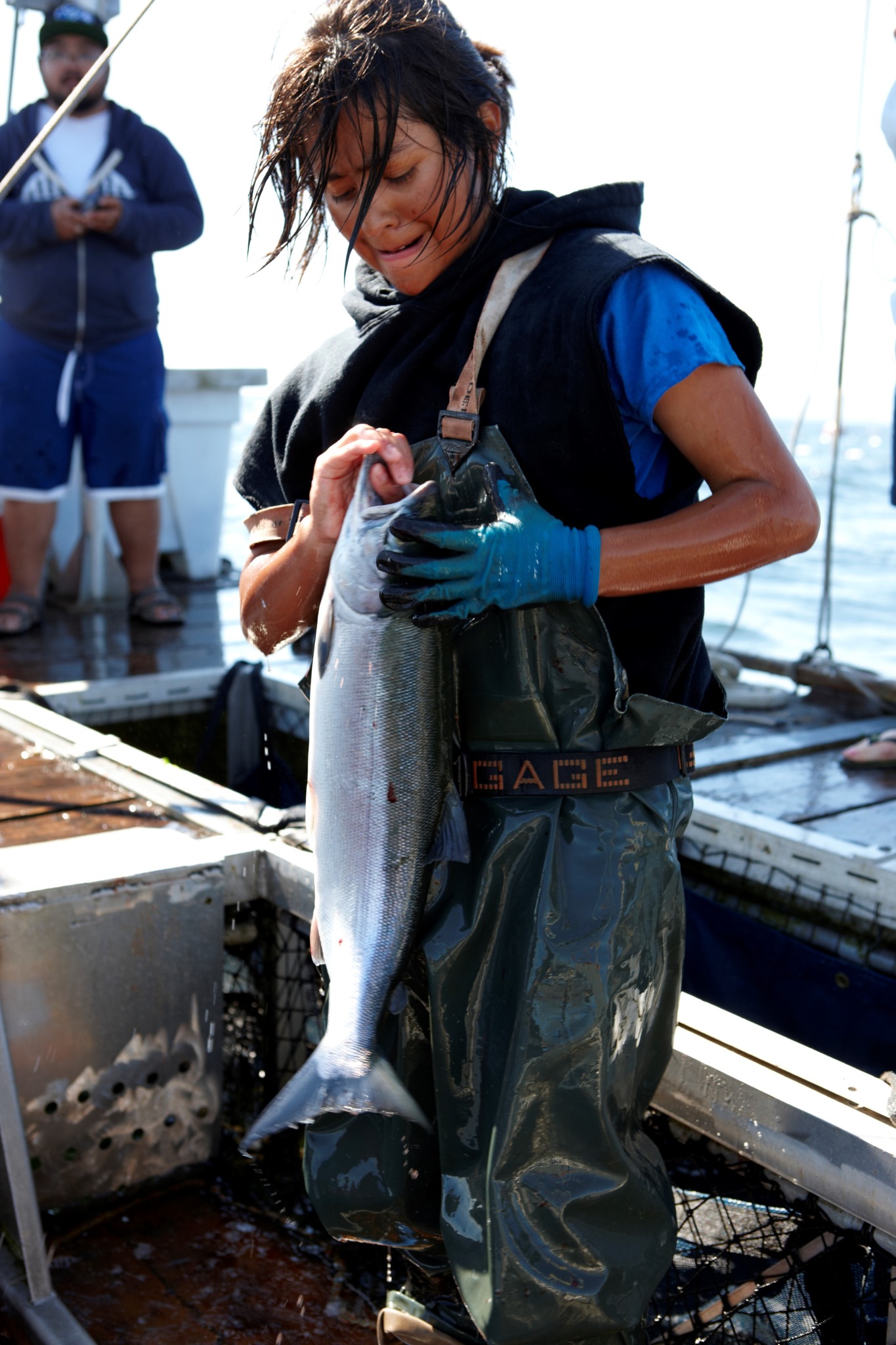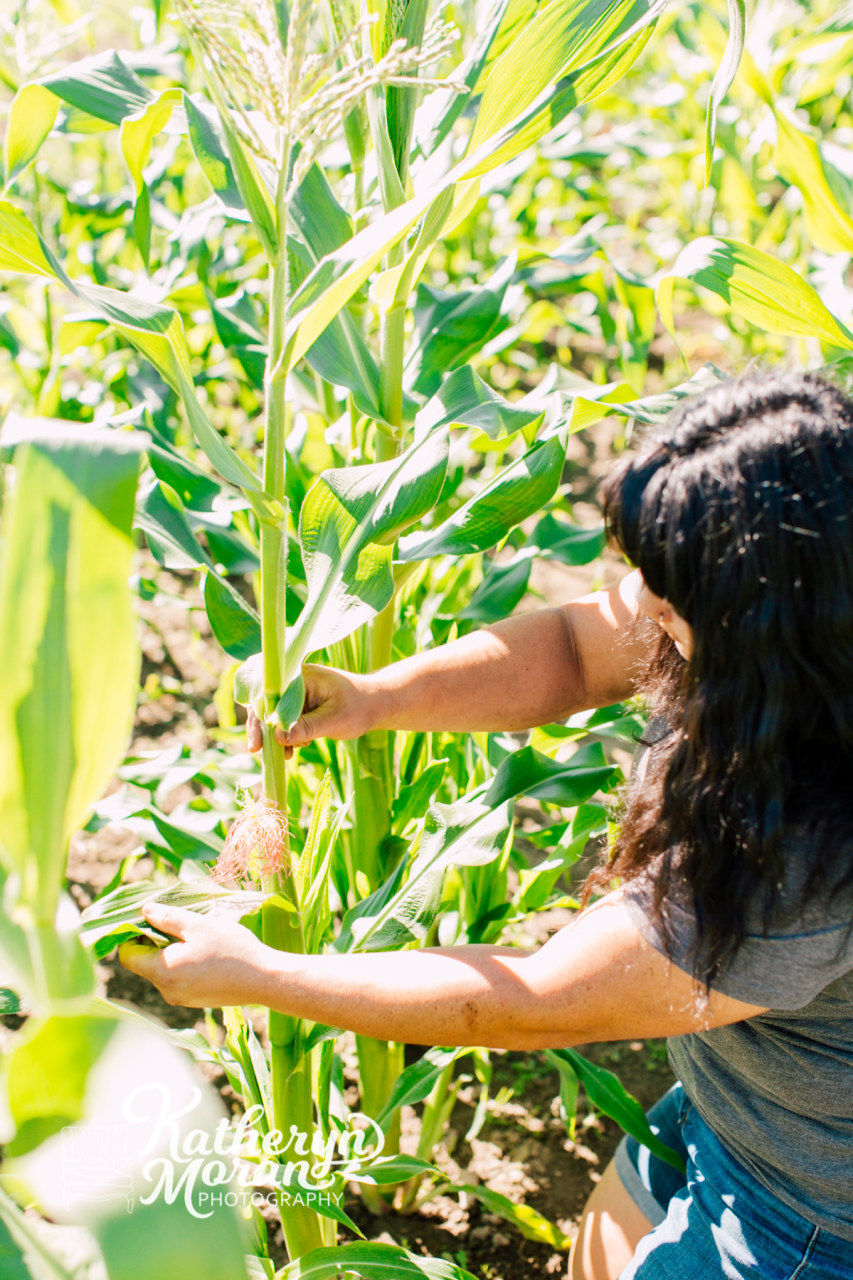Whatcom County is home to rich and abundant ecosystems, a passionate food and farming community, and engaged citizens. Why, then, do so many people in the local food system still struggle to grow, raise, access, and afford healthy and nutritious food? Why, and how, are our lands and seas vulnerable to climate change? And what can we do about it?
These are some of the questions that the Whatcom County Food System Plan seeks to address and answer. The Food System Plan is currently in draft form, written by a committee comprised of representatives from many food system spheres. The Plan incorporates significant engagement with the community, as well.

Photo courtesy of FotoMataio
Ali Jensen, Program Specialist for Healthy Communities at Whatcom County Health Department, says, “The food system plan outlines actions our county can take to make a more sustainable and equitable food system. My hope is that the actions we take today will ensure future generations enjoy and appreciate food from this abundant region.”

Photo of FarmWild courtesy of Katheryn Moran Photography
The Food System Plan is informed by the Community Food Assessment (CFA). A CFA is a “way to understand how a local food system is working from within each sector and across all sectors”. The assessment has been revised and updated over the past decade or so, with the most recent update happening in 2021 – therefore incorporating all the additional challenges and opportunities that the Covid pandemic brought to this community. Check out this story map for context on just how the Plan was created by the community.
The Food System Plan is intended to strengthen our local and regional food system. What exactly is a food system? It’s a system that includes all of the inputs that impact food, from farm to fork to waste. And within that system, Whatcom County has strengths – as well as huge opportunities for growth. The Food System Plan focuses on five main goals:
- Cultivate equity and justice.
- Protect and regenerate our soil, water, and land.
- Build a resilient and vibrant local food economy.
- Ensure access to healthy food for all.
- Adapt our community food system to a changing climate.
Each goal is broken down into actions and priorities that will ideally shape the future of food and farming in Whatcom County. For example, the goal “cultivate equity and justice” sounds great, right? But there’s a lot of work, intention, funding, and partnership needed to move towards a more equitable and just world. That’s why the Food System Plan follows this goal with these steps:

Photo courtesy of Lummi Island Wild
- 1.1 Increase health, wealth and leadership with BIPOC and under-represented communities across our food system.
- 1.1.1 Create funding, partnership and collaboration opportunities for organizations led by and for BIPOC and other systemically disadvantaged communities to remove barriers to engagement in local food programs (i.e. CSAs, farmers’ markets, double up food bucks, community gardening, etc.).
- 1.1.2 Create funding, partnership and collaboration opportunities for organizations led by and for BIPOC and other systemically disadvantaged communities to access financial tools for food systems development (i.e. access to capital, low-interest loans, microloans, grant programs, and other funding opportunities).
- 1.1.3 Build relationships with, and opportunities for collaboration with cultural liaisons to support existing food sovereignty projects already underway.
- 1.1.4 Whatcom County planning and communications about food systems should engage with and reflect the diversity of our communities – across class, race and ethnicities, genders, belief systems etc.

Photo of Flynn Farms courtesy of Katheryn Moran Photography
Jensen explains, “While the food system plan outlines immediate actions, such as adequately funding food banks to meet the increase in food insecurity, the plan also addresses some of the longer-term, root causes of inequities in our food system. For example, the plan outlines actions to improve the lives of our food system laborers, many of whom are food insecure themselves and it calls on the need for climate mitigation of our food production so we can prevent climate-related food insecurity.”
The local food system is built on complicated history – histories of discrimination and histories of stewardship both personal and collective. We are currently living the consequences of our history. The future is uncertain, but we do know that farming isn’t going to get any easier. This is a critical moment in our community, one where we can take action to shape a more resilient and equitable world. The Food System Plan is a key part of ushering Whatcom County into that world – the one we want to live in and the one we want to share with our grandchildren.
Want to be involved in building that world? Read the whole plan for even more detail on every goal. And you, community member, are welcome to add your feedback here. The Food System Committee will be hosting an open house on February 13th from 6:00-7:30 at the Pioneer Pavilion in Ferndale. Participants can learn more about the plan there or, of course, the committee’s website.
